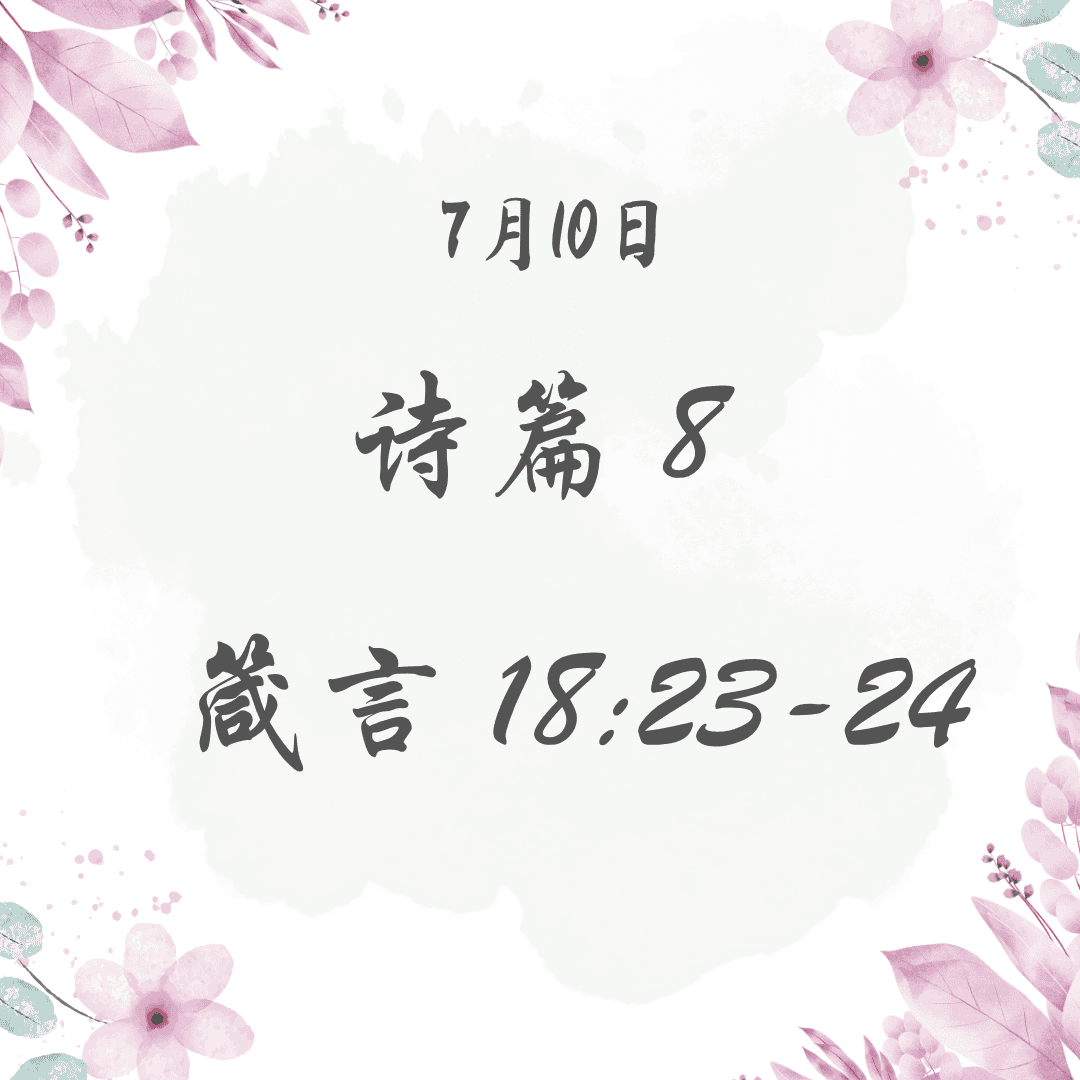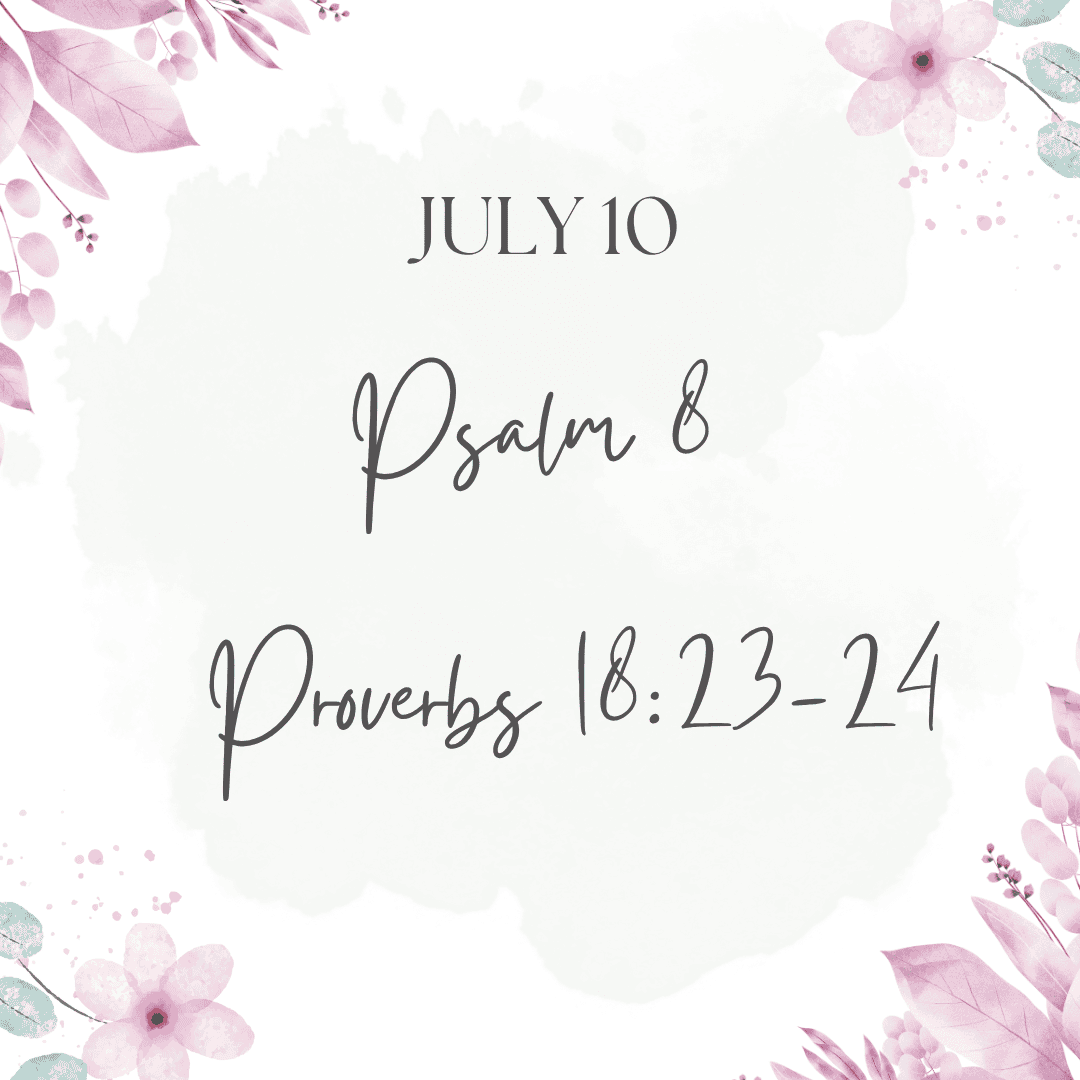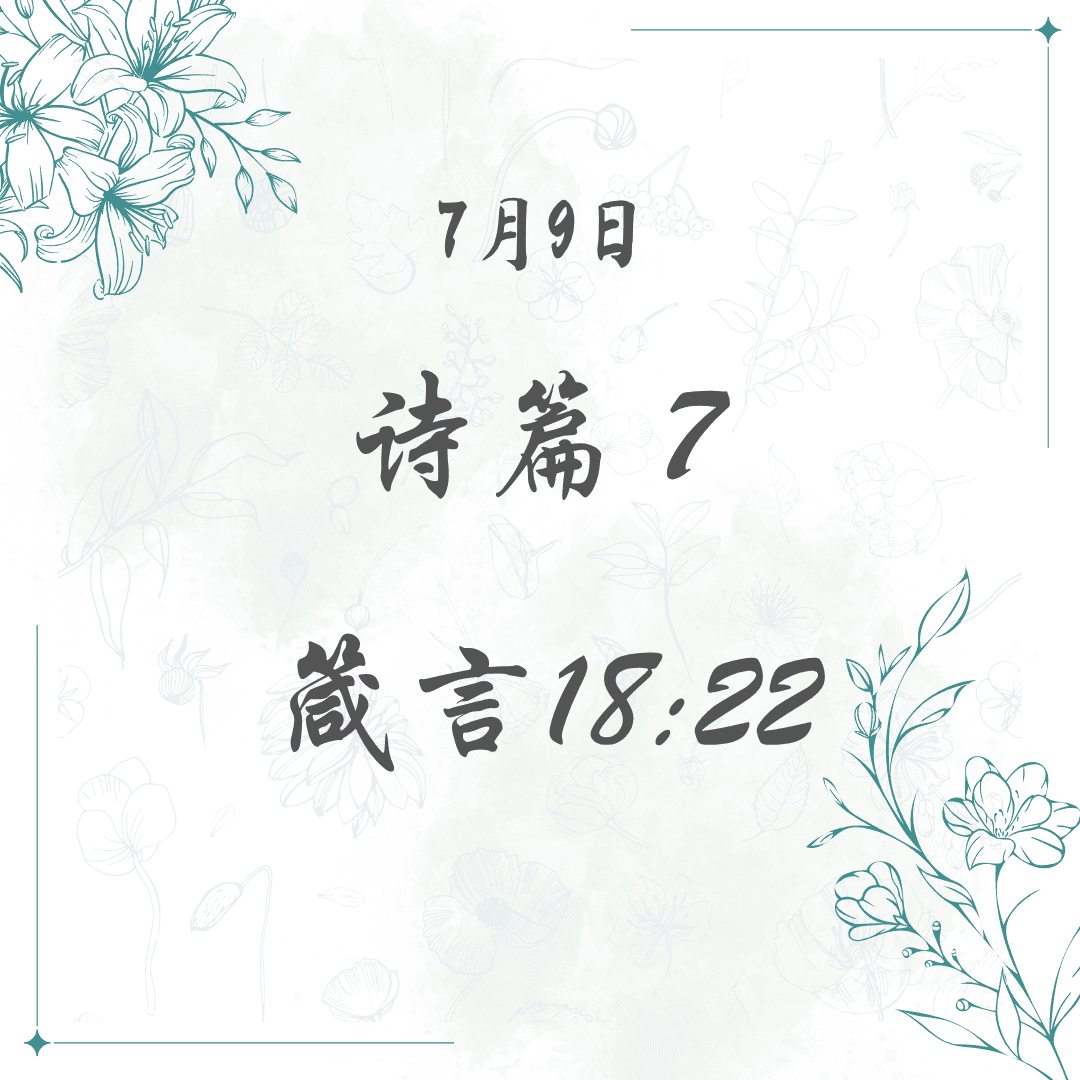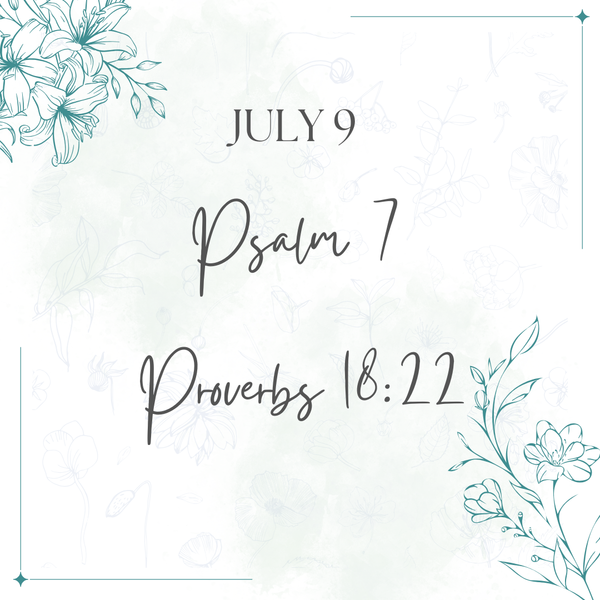Chapter 8 A Brief Discussion of "Classical" Education
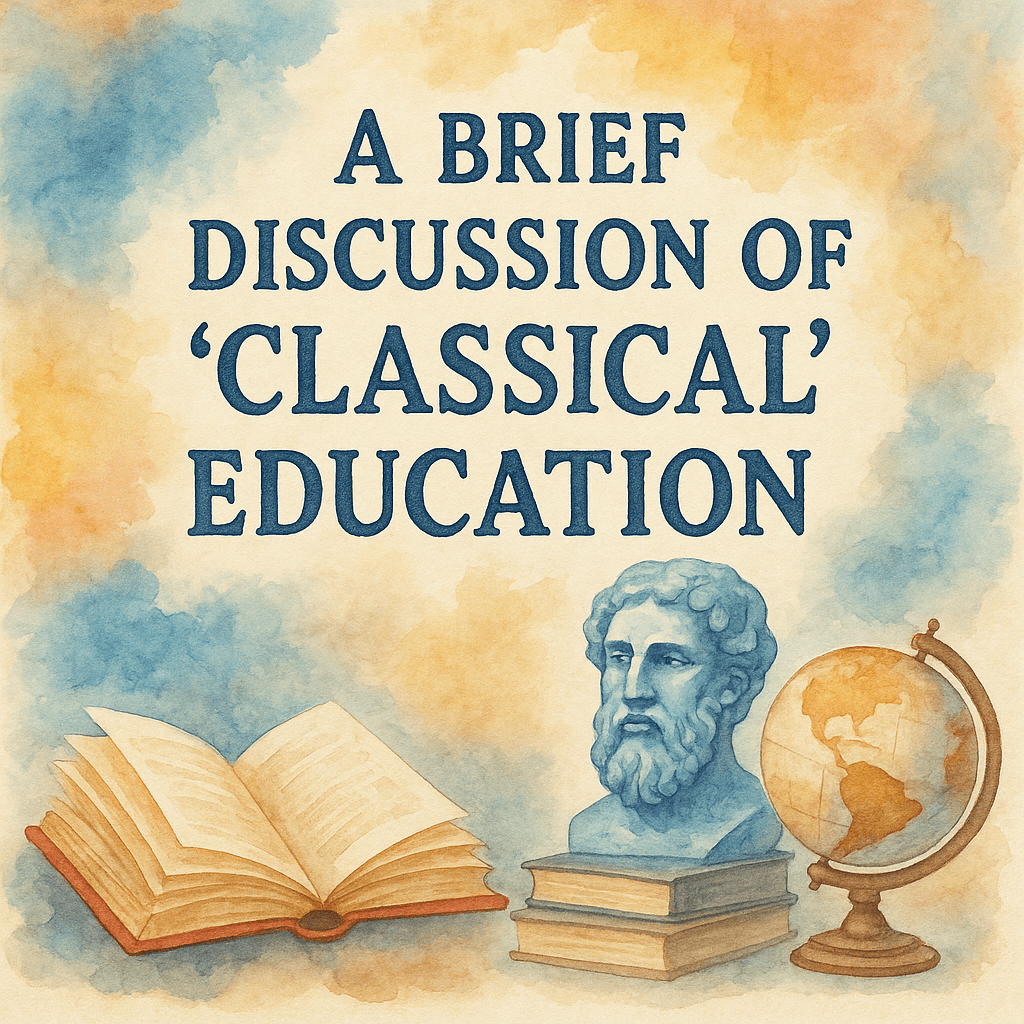
Around 2010–2016, “classical” education became regarded as the “only correct” educational path within many house churches in mainland China. Many house churches also began establishing church schools, and the educational philosophy they adopted was, of course, “classical education.” I was involved at the time, but because my child was still very young and not yet school-aged, I didn’t experience the subtle pressure within the church that made it seem like “not following the path of classical education or not enrolling in a church school” was somehow a spiritual problem.
Through the church's extensive promotion of “classical education,” my initial understanding and impressions of it could be divided into several levels:
- There were the “Trivium,” which were widely accepted. The first stage—Grammar—seemed to especially emphasize memorization, and specifically rote memorization without any foundation of understanding. That left a bad impression on me at the time.
- I also thought that “classical” education placed a strong emphasis on the development of children's language skills. I was concerned that children who developed language skills more slowly might feel inferior in such a heavily “classical” educational environment, since their language abilities could lag behind those of their peers, making learning more difficult for them.
- I once had the opportunity to sit down with a figure whom the church pastor had appointed as a representative of classical education, who was also the leader of the church school at the time. When I asked about math, this person said, “That doesn’t need to be taught. If the child grows up and is interested, they can just learn it on their own.” I was shocked and responded, “Really? But math is the foundation of all natural sciences and logical reasoning training!” He simply shook his head lightly and said nothing more. So back then—and for a long time afterward—I felt that “classical education” was too heavily tilted toward the humanities. If my child were to attend such a school, I figured I would have to personally supplement her education in math, physics, chemistry, and natural science at home. (This was many years ago—our views and understandings always change with time and circumstances. The church school leader’s views may also have changed since then; I don’t know.)
Naturally, out of both curiosity and the responsibility of educating my own children, I read quite a few books in the North American market about homeschooling and classical education. These included classics highly recommended in the classical education world such as The Lost Tools of Learning by Dorothy Sayers and The Well-Trained Mind by Susan Wise Bauer. After finishing The Well-Trained Mind, I actually felt that the course structure of “classical education” wasn’t all that different from the typical curriculum of public schools I had attended growing up. The deeper differences likely lie more in how the teacher teaches day to day, in the subtle shaping of character, and in particular activities.
Anyway, the church school began implementing “classical education.” But as with many things in history, ideals are rich and full, while reality is bony and harsh. All these lofty ideals, when practiced by sinful human hands, are rarely perfect. They may satisfy one person’s expectations while failing another’s. If things aren’t falling apart, that’s already considered not bad!
In 2019, for various reasons, our family moved away from the place known as the pioneering hub of classical education within China’s house church movement and went to a southern coastal city. There, I was finally able to begin full-time homeschooling with my two kids. Among the curricula I selected for them, only the history course came from a publisher well-known for “classical education”; the rest did not. But that history course was truly excellent and worth every penny. The kids and I completed the entire program and loved it.
A few years later, we returned as a family to my long-lost spiritual homeland—the United States. Because I needed to study, but didn’t want to send the kids to the local public school nor join a church just to get free tuition at a church school, we continued homeschooling. Once a week, we attended a half-day program with Classical Conversations. This is a well-known classical education homeschool co-op that meets weekly for a half-day, with several field trips each semester (enrollment is optional). This gave me firsthand experience with a widely praised, systematically implemented classical education model and curriculum.
I also often read North American homeschool forums and blogs written by moms and found something quite interesting: while “classical education” is highly revered among house churches in China, it’s a more mixed picture here. Some moms are quite critical of classical education, feeling that the families they've encountered who practice it come off as snobbish—looking down on other forms of education. On the other hand, there are also many moms who love classical education and feel their families have been richly blessed by it from day one.
My two children received a “hybrid” education from me—classical history (unit-based learning, where multiple subjects are centered around a single theme); math and English courses with great reputations but whose underlying educational philosophies I wasn’t entirely sure about. My homeschool efforts eventually drew the admiration of some Brazilian moms around us—mainly because my kids were popular in our small village and got along well with other children, especially a few Brazilian families. One Brazilian mom once said to me meaningfully, “C, you have very, very sweet kids—how did you teach them?” I thought for a moment and credited it to homeschooling. I felt they developed freely and weren’t pressured by peer competition. But of course, ultimately, it’s by God’s grace—not because of my teaching. I couldn’t have done it myself!
Returning to my reflections on classical education, I have to mention its historical development.
A Brief History of Classical Education:
Classical education originated in ancient Greece and Rome. Thinkers like Plato and Aristotle laid the foundation with the trivium—grammar, logic, and rhetoric. The goal was not merely vocational training but the cultivation of moral and rational citizens. Plato, in his work The Republic, envisioned an ideal education system designed to raise “philosopher-kings.”
In the Roman era, educator Quintilian systematized an education centered on rhetoric, emphasizing grammar, rhetoric, and moral virtue. Latin and Greek literature were at the heart of learning.
In the Middle Ages (roughly 500–1500 AD), the trivium (grammar, logic, rhetoric) and the quadrivium (arithmetic, geometry, music, astronomy) became the core structure of Catholic schools and later universities. Thinkers like Thomas Aquinas and Augustine integrated classical philosophy with Christian theology, forming the Scholastic tradition.
From the Renaissance to the 19th Century:
The Renaissance reignited interest in ancient texts (studia humanitatis), furthering the study of Latin, Greek, and classical works. Classical education remained dominant through the Enlightenment and into the 19th century, particularly in elite schools and universities.
Decline and Revival in the 20th Century:
In the early 20th century, classical education declined due to progressive education reforms that emphasized practicality and child-centered methods (e.g., John Dewey’s philosophy).
Its modern revival began in the 1980s, fueled by:
- Dorothy Sayers’ 1947 essay The Lost Tools of Learning, which reintroduced the trivium as a model for developmental learning stages;
- Douglas Wilson, who put Sayers’ ideas into practice by founding classical Christian schools;
- Susan Wise Bauer and Jessie Wise’s The Well-Trained Mind, which brought classical methods into homeschooling.
Looking at this historical thread, one interesting observation is that while many Christians today revere classical education, its origins actually had nothing to do with God. Ancient Jewish education was not Hellenized, and the Maccabean revolt was precisely a response by traditional Jews against increasing Hellenization.
Ancient Jewish education and ancient Greek/Roman classical education present a fascinating contrast.
Key Differences: Classical vs. Ancient Jewish Education
| Feature | Classical (Greek/Roman) | Jewish (Biblical/Second Temple) |
|---|---|---|
| Goal | Virtuous citizen, eloquent thinker | Obedient worshiper of Yahweh |
| Content | Grammar, logic, rhetoric, philosophy | Torah, commandments, prayers, traditions |
| Setting | Schools, academies | Home, synagogue, temple |
| Method | Socratic dialogue, lectures | Memorization, recitation, example |
| Authority | Human reason and tradition | Divine revelation (Scripture) |
After all these years of homeschooling—using some curricula based on classical methods and others not—my current take on the debate is this: classical education has many virtues, but it is neither the only morally right choice nor necessarily the most suitable for every child. That said, the key to success in homeschooling, in my view, is clearly love, discipline, routine, and consistency—in other words, a steady rhythm of life.
